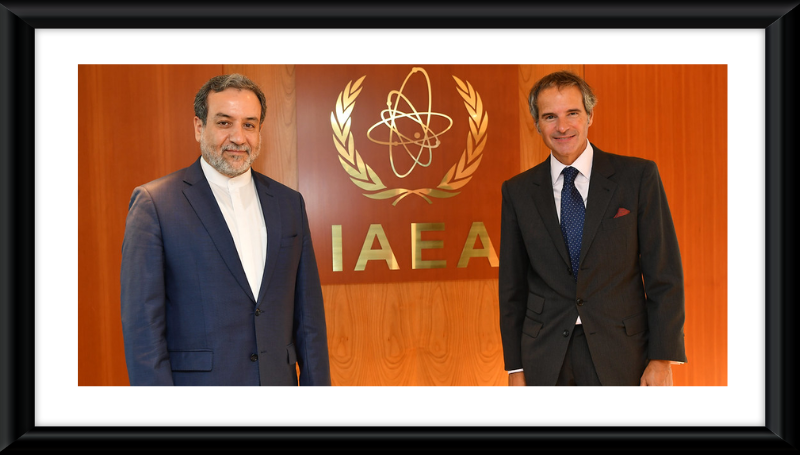Lion Ben Ari
Ynet News, May 17, 2025
“Araghchi’s strategy, Ilam explained, is to convince the U.S. of Iran’s goodwill in order to lift sanctions and neutralize the threat of military attack.”
Iranian Foreign Minister Abbas Araghchi is one of the key figures in the negotiations over a nuclear agreement between Iran and the United States. He is leading the talks on behalf of Tehran, whose fourth round of discussions was held earlier this week in Oman.
As a representative of the Islamic Republic—a country that persistently seeks to extend its influence across the Middle East—Araghchi is a prominent player in regional diplomacy. He frequently meets with Arab counterparts and travels extensively. Just this past week, he visited Saudi Arabia, Qatar and the United Arab Emirates.
But Araghchi is not only a seasoned diplomat. He is also an author. During the third round of nuclear talks held on April 26 in Oman, he made time for another event: the 29th Muscat International Book Fair, held from April 24 to May 3. Araghchi was among the 649,000 visitors and used the opportunity to launch the Arabic edition of his book The Power of Negotiation. Standing beside him at the launch was Omani Foreign Minister Badr al-Busaidi.
Published last year, the book is highly relevant to Araghchi’s current role. It outlines his approach to negotiating the Iranian nuclear file, which he has led for years, even before his appointment as foreign minister. The book includes a preface and six chapters covering the political aspects of negotiations, their objectives, stages and the skills required to conduct them. Araghchi writes that negotiation is not merely a series of meetings between diplomats—it is an art deeply rooted in Iranian culture, especially evident in the nation’s bazaars, where veteran merchants haggle with refined skill.
According to Araghchi, a diplomat must possess moral values, self-confidence and emotional control—so much so that their emotions should never be apparent to the opposing side. He also emphasizes the importance of assessing each party’s interests, role and power before any negotiation, and differentiating between declared red lines and real ones.
At the book fair, Araghchi thanked the translator of the Arabic edition and expressed his hope that the book would be helpful to students of international relations. “This is the result of 40 years of diplomatic and foreign policy work and my personal experiences in the nuclear negotiations that led to the nuclear deal,” he said. … [To read the full article, click here]


